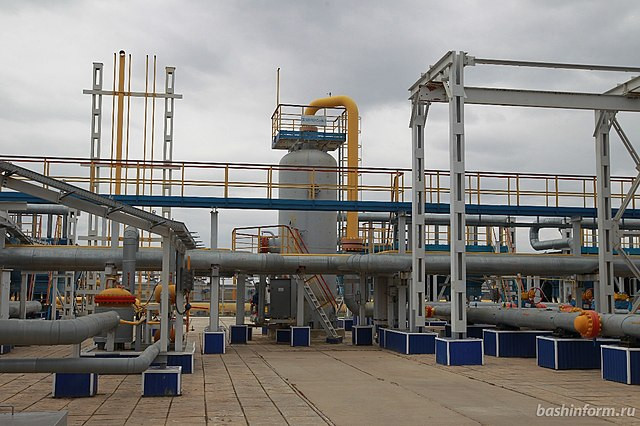The wholesale price of natural gas in Europe has reached its highest level in over a year following Ukraine's decision to halt the transit of Russian gas into the continent. The move marks a significant shift in Europe's energy landscape, ending decades of reliance on a key pipeline that transported Russian gas across Ukrainian territory.
On Thursday, benchmark prices for February delivery in the Netherlands rose as much as 4.3% before settling 1.9% higher at €49.83 per megawatt-hour, according to Bloomberg. The increase underscores market concerns over supply stability as storage levels across Europe begin to deplete rapidly amid ongoing geopolitical tensions.
Ukraine's decision to cease Russian gas transit follows the expiration of a five-year agreement signed in 2019. Ukrainian President Volodymyr Zelenskyy described the move as "one of Moscow's biggest defeats," highlighting the country's broader efforts to reduce its economic dependence on Russia amid the prolonged conflict.
Ukrainian Energy Minister Herman Galushchenko hailed the decision as "historic," stating, "Russia is losing markets, it will suffer financial losses. Europe has already decided to abandon Russian gas." Russian state energy giant Gazprom confirmed that deliveries through Ukraine stopped at 8 a.m. Moscow time on January 1.
The cessation has added pressure to Europe's energy markets, though the continent had anticipated this disruption. EU member states most reliant on Russian gas, including Slovakia and Austria, had already taken steps to diversify supplies. Germany, Europe's largest economy, currently has gas storage levels near 80%, mitigating immediate risks.
However, Slovakia's Prime Minister Robert Fico warned of severe consequences for the European Union, stating, the supply cutoff will have a "drastic impact on us all in the European Union but not on the Russian Federation". Fico also threatened to reduce electricity exports to Ukraine, reflecting divisions within the EU over support for Kyiv.
Russia retains alternative routes to deliver gas to Europe, including the TurkStream pipeline, which serves Hungary, Serbia, and Turkey. Nonetheless, the stoppage is expected to cost Gazprom approximately $5 billion annually in lost gas sales, while Ukraine faces a revenue shortfall of up to $1 billion from transit fees.
The situation has reignited concerns over Europe's energy security, with analysts pointing to rising inflationary pressures as gas prices climb. Deutsche Bank noted, "European gas storage ended 2024 at its lowest year-end level in three years, and the recent increase in prices is set to add further to inflationary pressures."
Despite the disruption, analysts remain cautiously optimistic. Henning Gloystein, head of energy and climate resources at Eurasia Group, stated that the decision was not unexpected and is unlikely to threaten Europe's energy security this winter. EU importers have prepared for the cut in supply, and mild winter weather across most of Europe has further mitigated the impact, Gloystein said.
Poland, Germany, Lithuania, and Italy are expected to play critical roles in redistributing liquefied natural gas (LNG) to the most affected countries, including Slovakia and Austria. However, Rystad Energy estimates the EU will need to source an additional 7.2 billion cubic meters of gas from the LNG market to offset the shortfall.
The halt in Russian gas transit also coincides with broader geopolitical shifts. Moldovan lawmakers recently declared a 60-day state of emergency over energy security fears, underscoring the vulnerabilities faced by non-EU states in the region. Meanwhile, ongoing negotiations between Russia, Ukraine, and EU countries such as Slovakia have yet to yield a compromise.






